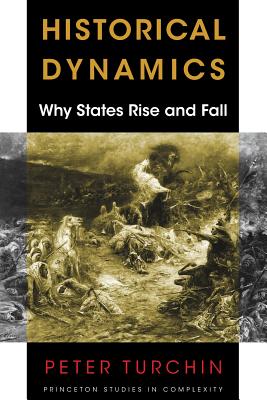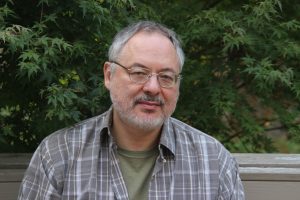

 Princeton University Press
Princeton University Press
Historical Dynamics: Why States Rise and Fall


Key Metrics
- Peter Turchin
- Princeton University Press
- Paperback
- 9780691180779
- 9.21 X 6.14 X 0.59 inches
- 0.89 pounds
- Social Science > Anthropology - General
- English
 Secure Transaction
Secure TransactionBook Description
Many historical processes are dynamic. Populations grow and decline. Empires expand and collapse. Religions spread and wither. Natural scientists have made great strides in understanding dynamical processes in the physical and biological worlds using a synthetic approach that combines mathematical modeling with statistical analyses. Taking up the problem of territorial dynamics--why some polities at certain times expand and at other times contract--this book shows that a similar research program can advance our understanding of dynamical processes in history.
Peter Turchin develops hypotheses from a wide range of social, political, economic, and demographic factors: geopolitics, factors affecting collective solidarity, dynamics of ethnic assimilation/religious conversion, and the interaction between population dynamics and sociopolitical stability. He then translates these into a spectrum of mathematical models, investigates the dynamics predicted by the models, and contrasts model predictions with empirical patterns. Turchin's highly instructive empirical tests demonstrate that certain models predict empirical patterns with a very high degree of accuracy. For instance, one model accounts for the recurrent waves of state breakdown in medieval and early modern Europe. And historical data confirm that ethno-nationalist solidarity produces an aggressively expansive state under certain conditions (such as in locations where imperial frontiers coincide with religious divides). The strength of Turchin's results suggests that the synthetic approach he advocates can significantly improve our understanding of historical dynamics.
Author Bio
Peter Turchin is a complexity scientist who works in the field of historical social science that he and his colleagues call Cliodynamics. His research interests lie at the intersection of social and cultural evolution, historical macrosociology, economic history, mathematical modeling of long-term social processes, and the construction and analysis of historical databases.
Currently he investigates a set of broad and interrelated questions: How do human societies evolve? In particular, what processes explain the evolution of ultrasociality—our capacity to cooperate in huge anonymous societies of millions? Why do we see such a staggering degree of inequality in effectiveness of governance and economic performance among nations?
Peter has published two hundred articles, including a dozen in such top journals as Nature, Science, and PNAS (see Academic Publications). His publications are frequently cited and in 2004 he was designated as “Highly Cited Researcher” by ISIHighlyCited.com.
He has authored eight books (see Books), including
- Secular Cycles (with Sergey Nefedov, Princeton, 2009), War and Peace and War (Penguin, 2005),
- Ultrasociety: How 10,000 Years of War Made Humans the Greatest Cooperators on Earth and
- Ages of Discord: A Structural-Demographic Analysis of American History.
Source: PeterTurchin.com
Videos






Community reviews
Write a ReviewNo Community reviews